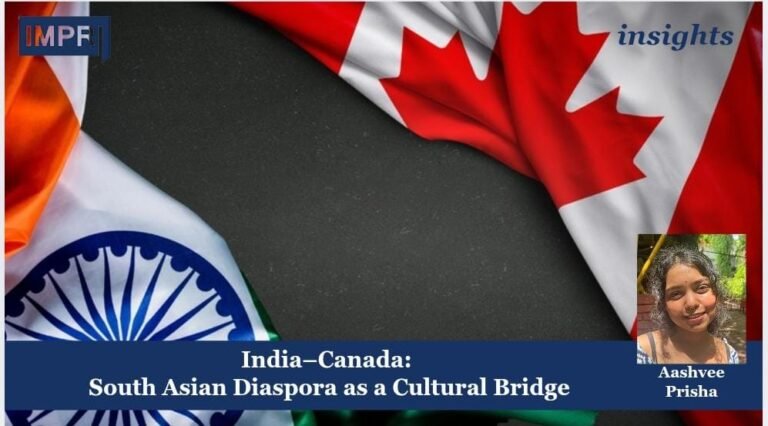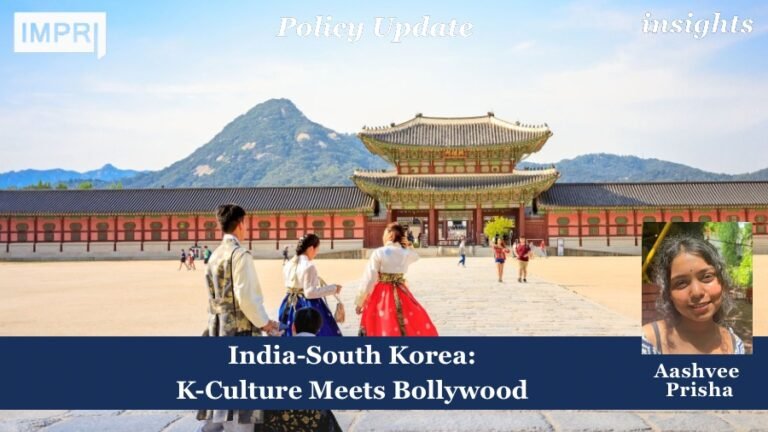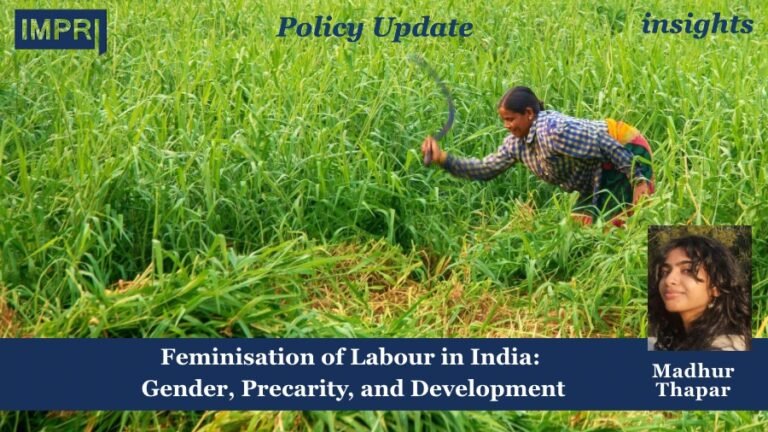Harsh V Pant
Abhishek Sharma
On December 3, South Korean President Yoon Suk Yeol surprised the nation by declaring martial law. The announcement sent shock waves across the globe as airborne troops entered the premises of the National Assembly. Although South Korea has a history of martial law-13 emergency ones and four security martial laws this was the first time it had been declared after the 1981 revision of the National Assembly Act. Nonetheless, a proactive opposition voted in the assembly against the martial law, forcing the President to lift it.
The political drama is over, but rumours about the president’s complicated decision are rife. The scenario may appear unexpected from a distance, but it has been building for a while. Since he assumed office in 2022, the President and the opposition have been embroiled in a political battle that has been exacerbated by incidents such as a doctors’ protest and the Itaewon mob crush. However, the Democratic Party opposition’s landslide win in the April parliamentary elections gave thema majority in the National Assembly. This made it possible for the oppo- sition to confront the President directly in the Assembly.
The opposition has repeatedly tried cornering the President on manifold issues. One sensitive issue that has pricked the President the most is corruption allegations against the first lady. The opposition has attempted to move a bill thrice to investigate the first lady, which the President subsequently vetoed, highlighting his frustration. The issue has impacted his administration, as the assembly remained stalled. It has also created fissured between the ruling party chief and the President.
Feeling cornered by his party and the opposition, the President saw martial law as the only option to save his presidency and protect the first lady. His decision back- fired, forcing his party to distance itself from him and support calls for suspension. With the ruling party hint- ing at supporting the opposition, the political strife will likely end sooner, making removing the president easy. But even after Yoon’s removal, the political dissension between the opposition and the ruling party is expected to continue in other ways, which will have implications on the country’s domes- tic stability and also cast its shadow over foreign policy.
South Korea plays a crucial role in the stability and security of the Indo-Pacific, contributing to the efforts of like-minded countries like India, Australia, Japan, the Philippines, and the US toensure a free, open, and inclusive region. These efforts have manifested via Seoul’s closerpartnership with regional players, including New Delhi, who share a common vision and future for the Indo-Pacific. As a defence partner, South Korea has been emerging as a critical player in assisting regional powers like Australia and India in modernising and enhancing their arsenals. This was evident through its deepening security partnership with India,which has received a K-9 Vajra self-propelled howitzer now deployed along the Line of Actual Control.
India has a unique strategic cooperation with South Korea against the backdrop of geopolitical flux. Persistent efforts by nations like South Korea and India that have served as a bulwark to discourage revisionist tendencies in the Indo-Pacificare ham- pered by a circumstance such as the current one.
Hence, the longer political instabil- ity continues in Seoul, the more engaged the Korean government will be towards internal issues, impactingits foreign policy and international engagement. This is not good news, especially in light of the resulting domestic turmoil in north-east Asia. Most significantly, this political challenge runs the risk of sabotaging strategic coop- eration with its key allies, Japan and the US. Scheduled visits of the Japanese Prime Minister and the US secretary of state have already been postponed.
Domestic polit- ical instability in South Korea can casta long shadow overregional security. New Delhi, along with Seoul’s other critical partners, will be watching these developments war- ily, hoping the situation stabilises soon and Korea can get back to business.
Harsh V. Pant is Professor at King’s College, London and Head of Strategic Studies at the Observer Research Foundation, New Delhi
Abhishek Sharma is an Research Assistant on Northeast Asia at the Observer Research Foundation, Delhi
The article was first published in Financial Express as South Korea’s tribulation amid regional flux on December 7, 2024.
Disclaimer: All views expressed in the article belong solely to the author and not necessarily to the organisation.
Read more at IMPRI:
Donald Trump’s Presidency and the Reality Behind His ‘End of Wars’ Promise
Ukraine’s Advance and Russia-North Korea Alliance
Acknowledgment: This article was posted by Meenu Mohan, a research intern at IMPRI.



